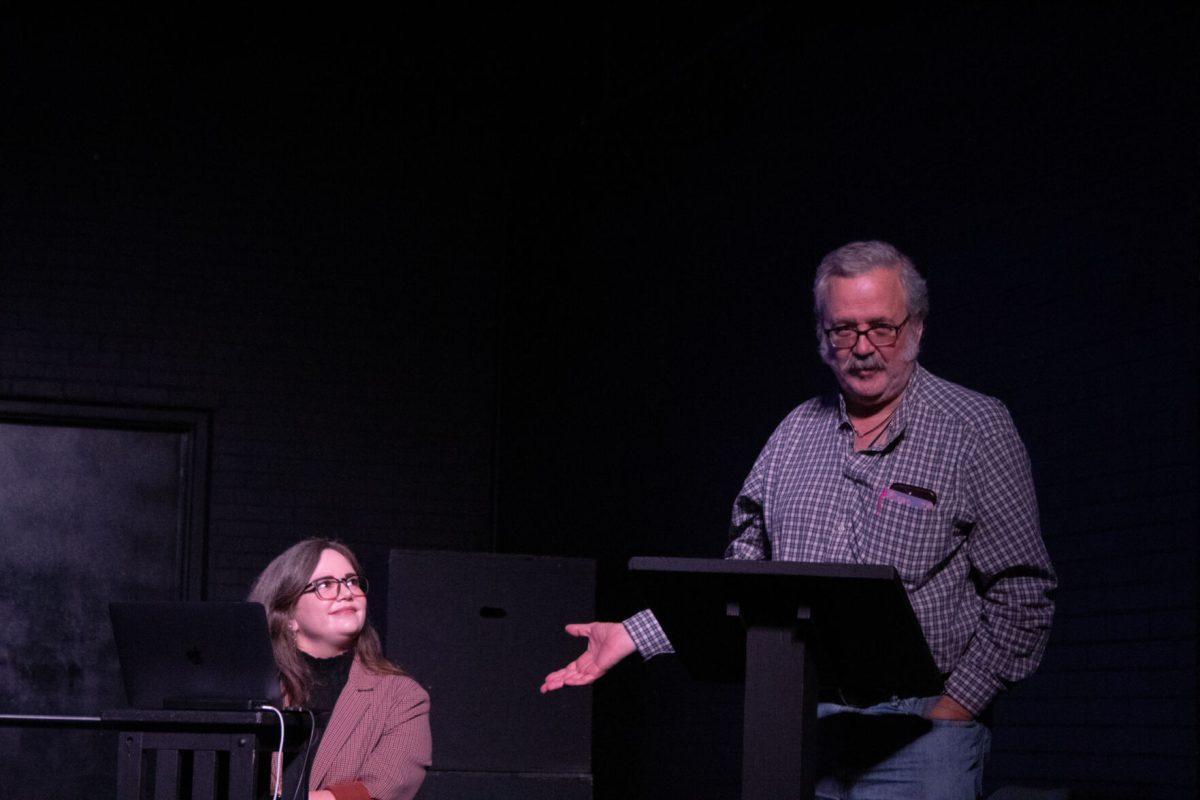In a survey conducted by the Association of American Universities, 27.2 percent of female college seniors said they experienced some sort of nonconsensual sexual contact since starting college. About half of those individuals, said the contact was attempted penetration, penetration or oral sex.
The AAU offered surveys to 779,170 students at 27 universities, and about 19 percent of those individuals — 150,072 students — responded, according to the report.
Rachael Hebert, president and CEO of Baton Rouge Sexual Trauma Awareness and Response, said when statistics involving sexual assault increase, it’s not the number of assaults that are increasing but the number reported.
“With all of the national media attention, what you have is more survivors feeling confident in the system,” Hebert said. “What we have now are a lot more prevention tools, especially on college campuses which help identify problematic or harmful situations where sexual assaults might occur.”
The numbers haven’t changed much since 2014. The Daily Reveille reported in August 2014 one in four college women are sexually assaulted and report it, according to Summer Steib, director of the University’s Women’s Center.
LSU’s Student Code of Conduct, section 10.2 titled Behavioral Misconduct, has two categories which deal with negative sexual activity — sexual harassment and sexual misconduct.
According to Section S, “sexual misconduct” is defined as, “Any sexual act or contact of a sexual nature that occurs, regardless of personal relationship, without the consent of the other person(s), or that occurs when the person(s) is unable to give consent or whose consent is coerced or obtained in a fraudulent manner.”
LSU was not one of the universities surveyed, but fellow Southeastern Conference schools Texas A&M University and University of Florida were included. According to the report, 9.5 percent of UF undergraduates were victims of nonconsensual penetration and 7 percent at Texas A&M.
Hebert said there is hope one day the percentage of people coming forward about sexual assault, rather than those remaining silent, will become the majority — at least until sexual assault is stopped.
“What we can do to get more survivors to come forward is to support them,” Hebert said. “Facebook has been so detrimental … there will be so many comments about how women lie about rape or it was a date gone bad. A perfect example is the Bill Cosby situation.”
Hebert said male sexual assault is severely under reported. She said in her experience, most men don’t report their assaults because they fear being questioned about their sexuality. But, Hebert said coming forward is the first step to getting help.
The LSU Student Health Center introduced the Lighthouse Program in 2004 to assist student survivors of physical and sexual assault. The program provides confidential advice and guidance to victims and their friends.
Lighthouse also offers medical aid and assistance with filing police reports and University judicial reports.
The Sexual Assault Nurse Examiner program, offered by SHC and covered by full-time students’ fee bills, allows students to have a forensic exam on campus where evidence of sexual assault is recovered.
Association of American Universities releases sexual assault report
September 22, 2015
Days after Hurricane Katrina the PMAC served as a triage center for refugees. As more people crowded campus LSU athletes and coaches stepped up to the place to help the campus and state heal.
More to Discover





